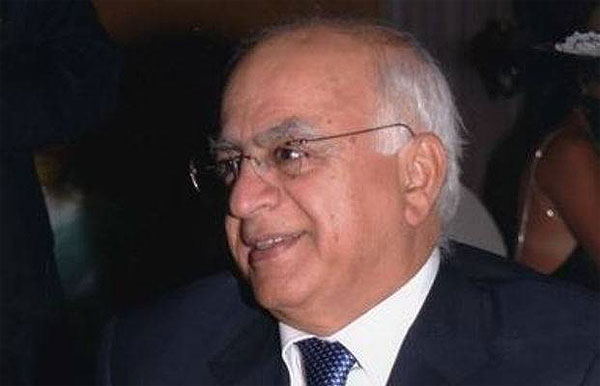31/10/2023
31/10/2023

A private consulting organization, often acting on behalf of the local municipality, conducted a survey to assess the level of satisfaction among citizens and residents with the state of cleanliness in the country. The survey was prompted by noticeable disparities in public opinions regarding cleanliness, encompassing individual, familial, and societal aspects.
In reality, the state of cleanliness has remained largely unchanged for decades, with only minor superficial improvements and the adoption of more modern equipment.
Regarding the broader aspects of cleanliness and societal norms, particularly the matter of waste disposal, there has been little progress. Neither families nor the Ministry of Education have imparted to the younger generation the essential “etiquette and principles of waste management.”
Consequently, the prevailing practice continues to involve collecting trash in plastic bags and discarding them, often when overflowing, into unsightly plastic bins situated outside their homes.
This waste is then collected by contracted vehicles, which sometimes fail to meet necessary standards, and deposited in landfills that fall short of various environmental requirements. Alternatively, the trash is incinerated, compounding the issue further.
The state allocates an annual budget of over 300 million dinars for waste management, yet it has never made substantial efforts to establish comprehensive regulations for both waste management contractors and citizens. For instance, there has been no initiative to require contractors to provide containers of various colors, each designated for specific types of waste, or to encourage citizens to actively participate in waste sorting. Such measures would facilitate recycling and reduce the need for burial or incineration.
In the survey, respondents were asked about their satisfaction with the cleanliness of their residential areas. The general consensus was dissatisfaction, with significant variations between different residential, commercial, and industrial zones. The state of the environment we inhabit should be consistent across all areas, as it directly impacts the health of everyone.
The questionnaire also contained somewhat simplistic questions, such as opinions on the size and number of waste containers in front of homes. However, it failed to offer the option of requesting more modern, robust, and versatile containers.
Another question inquired about contacting the relevant party for waste container replacement, as if everyone knew the name and contact information of this party. There was also a query about whether waste containers were being cleaned and sterilized on-site, a service many residents were unaware of. It remains unclear whom to contact in case of a complaint.
Questions were posed regarding street sweepers and the dust they generate, and the answers were largely predictable.
The survey included inquiries about the utilization of Kuwait Municipality’s services for wastewater removal, manhole drainage, agricultural waste disposal, and limited-scale construction waste. Very few respondents were aware of these supposedly “free” services, and if they did have knowledge of their existence, they were uncertain about how to access them.
Additional questions pertained to the noise created by garbage collection trucks, particularly during late hours. There were also questions about the dress code and conduct of cleaning workers and the responsibilities of citizens in reducing waste generation. The state incurs considerable expenses in waste removal, transportation, and sustainable disposal.
It is evident that there is a pressing need to incorporate waste management education into school curricula. This measure would help maintain the country’s appearance, streamline waste sorting efforts, and, most importantly, safeguard the environment and, subsequently, public health. Achieving this goal necessitates drawing upon the experiences of more developed nations.
e-mail: [email protected]
By Ahmad alsarraf


